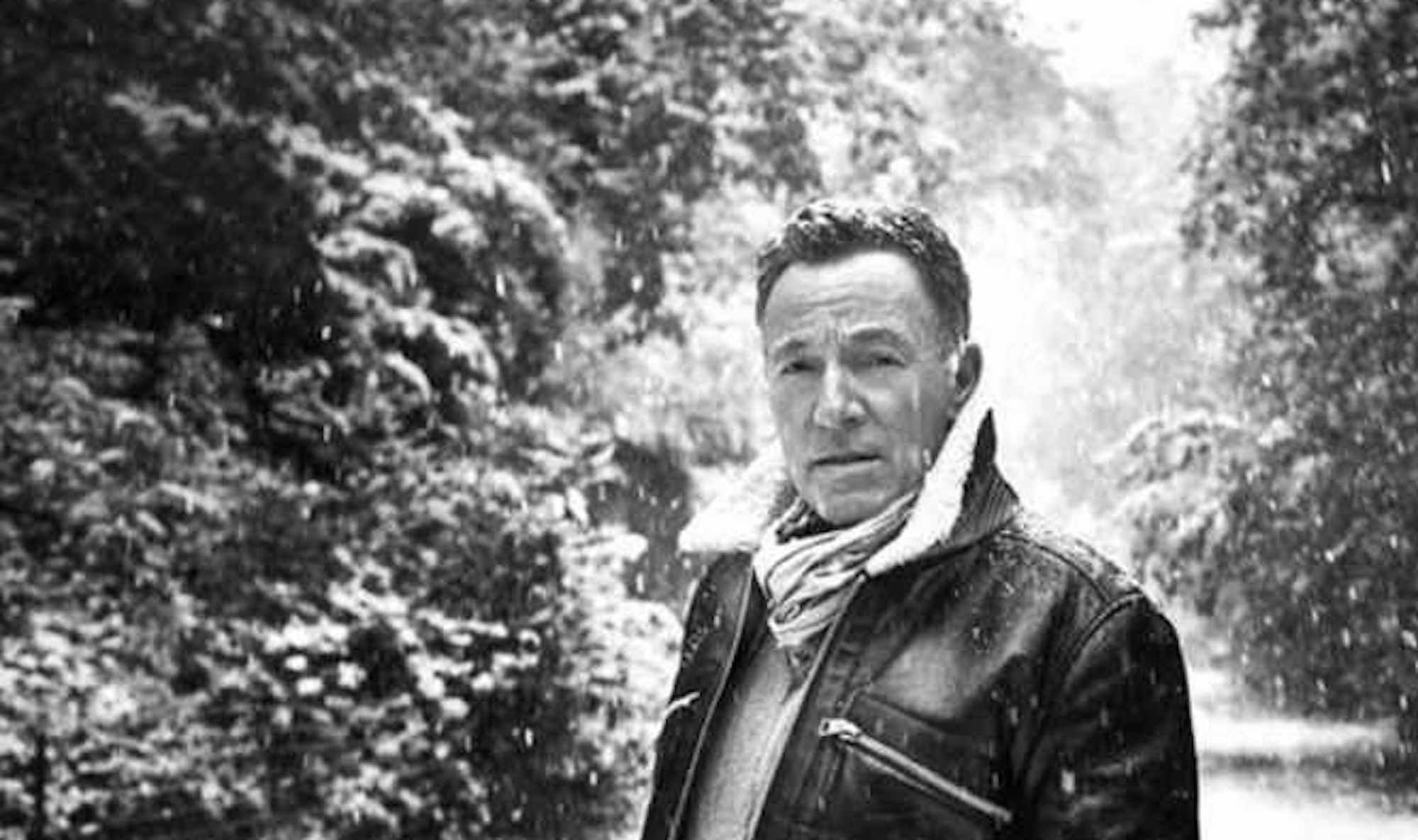
Videos by American Songwriter
This article was originally published on January 19, 2015.
It is one of the most well-known and stirring folk songs in the history of America, perhaps rivaled only by “This Land Is Your Land” in terms of significance and impact. As is the case with so many folk songs, however, it’s hard to pin down just where “We Shall Overcome” originated.
An early twentieth-century gospel song entitled “I’ll Overcome Someday” written by Charles Albert Tindley likely provided the source for the memorable refrain, while the melody strikingly resembles the spiritual “No More Auction Block” (which also inspired the tune for Bob Dylan’s “Blowin’ In The Wind.”)
The key impetus for the song’s widespread popularization came when a music director from Tennessee named Zilphia Horton learned it from striking tobacco workers in Charleston, SC in 1945. She subsequently taught the song to Pete Seeger, who, along with several other performers, began to spread the song across the U.S. in the 40’s and 50’s. In 1957, Seeger performed at the Highlander Folk School in Tennessee for an audience that included Martin Luther King, Jr.
By the 1960’s, the song served as the unofficial anthem of the Civil Rights movement. Joan Baez performed it at the March on Washington in 1963, the setting for King’s famous “I Have A Dream” speech. President Lyndon B. Johnson quoted the refrain in a 1965 speech to Congress emphasizing the import of Civil Rights legislation. “It is the effort of American Negroes to secure for themselves the full blessings of American life,” Johnson said. “Their cause must be our cause, too, because it’s not just Negroes, but really, it’s all of us who must overcome the crippling legacy of bigotry and injustice. And we shall overcome.”
Martin Luther King, Jr. certainly never forgot the song. In a sermon in Memphis just days before his death in 1968, King said, “There’s a little song that we sing in our movement down in the South. I don’t know if you’ve heard it. You know, I’ve joined hands so often with students and others behind jail bars singing it: ‘We shall overcome.’ Sometimes we’ve had tears in our eyes when we joined together to sing it, but we still decided to sing it: ‘We shall overcome.’ Oh, before this victory’s won, some will have to get thrown in jail some more, but we shall overcome.”
So what is it about the song that so moves people? Maybe it’s the way that the message is so undiluted and potent, a statement of determination and resilience that no amount of wrongheadedness could possibly deny. And yet “We Shall Overcome” carries with it an undeniable hint of melancholy via the sober melody and the qualification of the title phrase with the word “someday,” which tacitly acknowledges that the battle the song details is far from won.
Some extra-added poignancy hangs heavy on the song this Martin Luther King, Jr. Day, as it’s the first time America is celebrating the holiday since the death of Pete Seeger on January 27, 2014 at the age of 94. We may not be able to pinpoint its exact origins, but, on this day more than any other, we can celebrate “We Shall Overcome” as a shining example of the power of song.












Leave a Reply
Only members can comment. Become a member. Already a member? Log in.